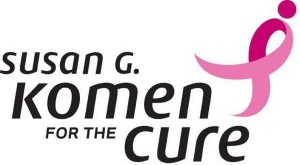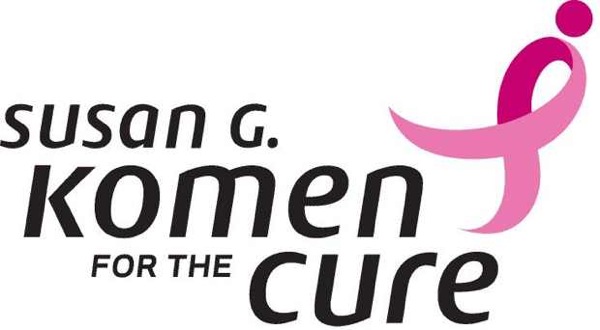 With nearly 1,000 participants, the 3-Day walk for a breast cancer cure organized by The Susan G. Komen organization raised $2 million to support research and community outreach programs. The 60-mile walk took place in Minnesota, ending at the State Capitol on Sunday, August 24th.
With nearly 1,000 participants, the 3-Day walk for a breast cancer cure organized by The Susan G. Komen organization raised $2 million to support research and community outreach programs. The 60-mile walk took place in Minnesota, ending at the State Capitol on Sunday, August 24th.
The walk began with an opening ceremony on Friday, and all participants are expected to walk 60-miles on their own rhythms during the three days with “style, singing and dancing,” according to the foundation website. The event ends Sunday afternoon with the Closing Ceremony. The 3-Day walk is about making a commitment and honor breast cancer patients or the memory of someone lost, as well as create new memories in order progress into “a world without breast cancer,” the ultimate end established by the organization.
“Each participant is required to raise at least $2,300 to walk in the 3-Day. We know that’s a big commitment. In fact, no other breast cancer event will ask you to raise more money. But breast cancer is a big problem, and we need a big solution — that starts with you! You can do this, and we will be with you every step of the way with handy tips and successful tools,” explains the events website.
“Walking 60 miles is no easy feat, but we walk because we can and because it matters,” said Sheri Prentiss, national spokesperson for the Susan G. Komen 3-Day. “We are humbled by the strength of these Susan G. Komen Twin Cities 3-Day participants and so thankful for their continued support as we fight to end this disease.”
Most of the funds raised, 75 percent of it, will be directed to Komen’s research and training grant program, while the other 25 percent will be used to support local outreach programs. Being the world’s largest breast cancer organization, Komen has already funded more than $800 million in research and provided almost $1.7 billion in funding to screening, education, treatment and psychosocial support programs, since its inception in 1982, and its contributions to research and prevention spreads to millions of people in more than 30 countries worldwide.
[adrotate group=”3″]

